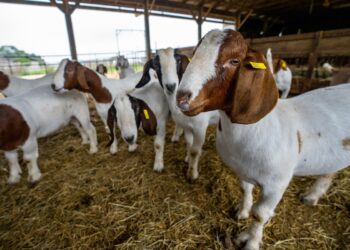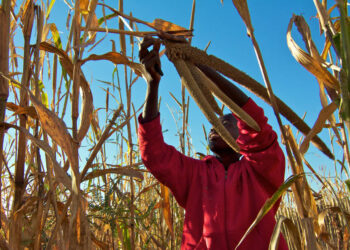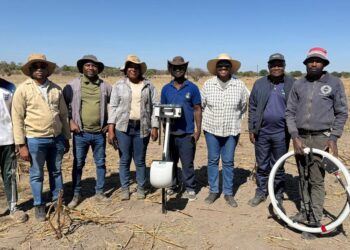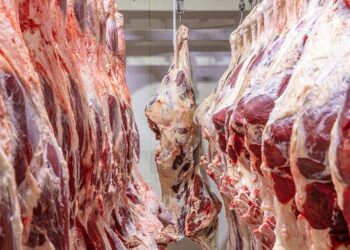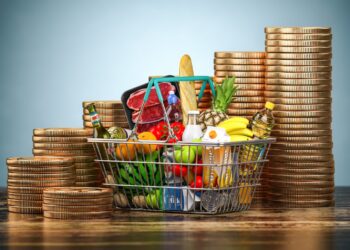
An article published last month in the Norwegian media reveal plans for that country’s Minister of Agriculture to review African Meat quotas in the Norwegian market.Â
The Norwegian General System of Preference (GSP) scheme provides exporters from developing countries such as Namibia and Botswana a duty relief when exporting goods to the EU, such as beef.
Namibia and Botswana currently enjoy preferential market access for beef in the Norwegian market through annual quotas under the Generalised System of Preferential of 2,700 tonnes. Thus, each country gets 1,350 and an additional 250 tonnes per country under the SACU- European Free Trade Association (EFTA), making it 1,600 tonnes for each country yearly.
Now, what is triggering the Minister of Agriculture to review this is that there have been new EU regulations that ensure Norwegian meat companies, such as those owned by farmers’ cooperatives, receive favourable meat prices from African meat companies.Â
This has brought about some dynamics in the beef market prices because, instead of meat being brought through quotas from African countries, meat is said to be now imported via the European market at a much more reasonable price.
Unlike other free trade agreements, the GSP-scheme is unilateral. This entails that Norwegian exporters are not granted preferential treatment for their products when exporting to GSP countries.
The Norwegian Minister has thus demanded a review of the changes to see if there is anything that is in conflict with the current agreements between SACU and EFTA. Some of the meat from SACU is now imported via the EU and at a different price than previously. Trading patterns have thus been believed to have changed.
It is our wish as Africans that the review will be considerate to the African countries, more so Namibia and Botswana.
The Norway quota means a lot to Namibian farmers, although more so to the Commercial farmers because they are able to comply with stringent export abattoir requirements that adhere to market specifications of that specific market. Namibia and Botswana each hold over two million herd of cattle, and where small-scale communal production is an important livelihood for the majority of farmers engaged in livestock.Â
While both countries have made significant investments in their animal husbandry through strong systems and laws such as the Prevention of Undesirable Residue in Meat Act and the Livestock and Livestock Products Act, to mention a few, to access lucrative markets in the European Union and Norway, the generalised system of preference that facilitates this quota is becoming competitive.
Namibia has, over the years, consistently maintained its eligibility for exporting high-value cuts to Norway and demonstrated its capacity to fill the allocated quota, thereby maximising the much-needed foreign exchange earnings that the country needs.
The GSP-scheme has been implemented for about 90 countries and territories, of which 35 are ranked among the Least Developed Countries (LDCs). These countries benefit from better terms than other countries included in the system, the so-called GSP+ or ordinary GSP-countries.
All goods exported from an LDC are duty-free when imported into Norway. As a main rule, goods from a GSP country are sent upon request by an identified Norwegian importer (a Norwegian consignee) directly from the GSP country to Norway. However, goods may be transported via a consignee in EU on the condition that they have remained under customs surveillance during transit or storage.
*Rosa Hamukuaja Thobias is a Researcher, Strategist, Entrepreneur and Communication Strategist. This article is written in her personal capacity.


